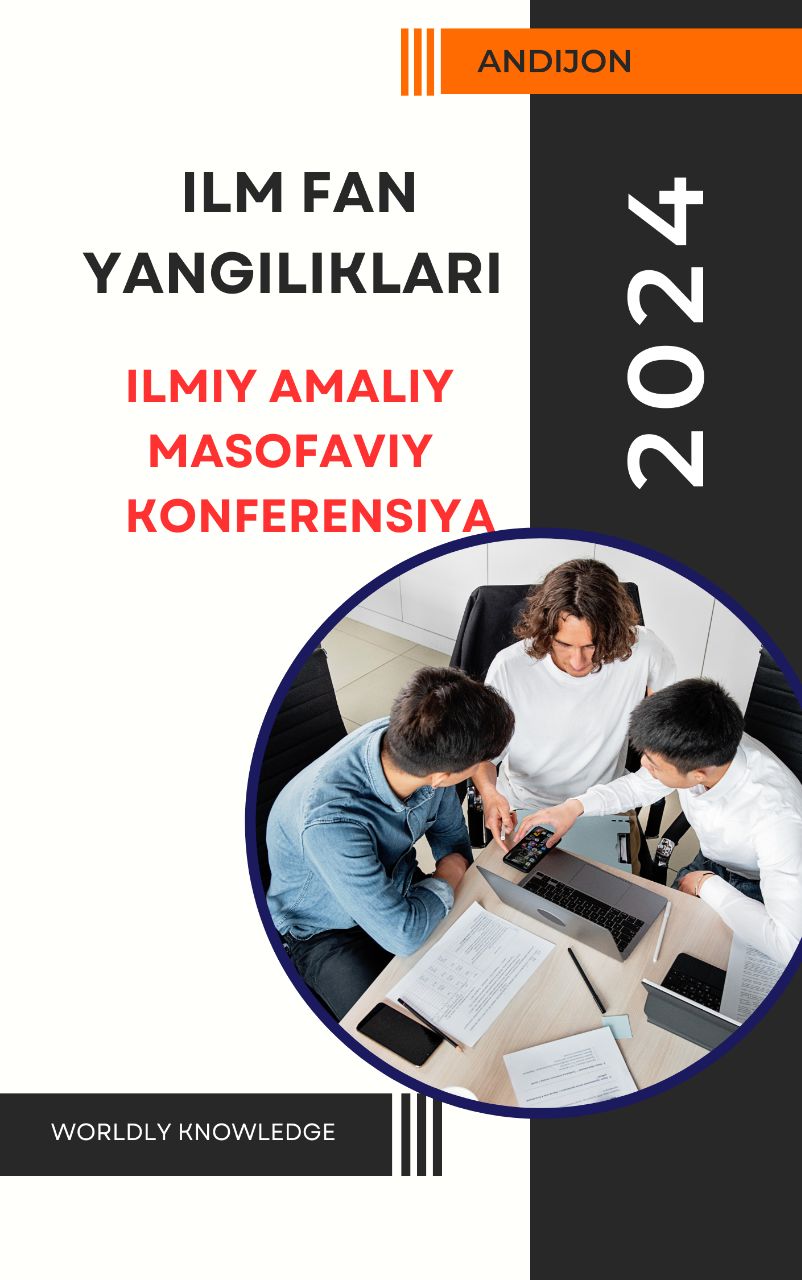THE EFFECTIVENESS OF GAMIFICATION IN ENHANCING STUDENT ENGAGEMENT
Abstract
In recent years, gamification has garnered significant attention as a strategic approach to enhancing student engagement in educational settings. By incorporating game-like elements into learning environments, educators aim to motivate students, foster a deeper connection to course content, and improve overall learning outcomes. This thesis explores the effectiveness of gamification in enhancing student engagement by analyzing its impact on motivation, retention, collaboration, and academic achievement. As traditional educational practices face challenges in keeping students engaged, investigating successful gamification strategies becomes essential for modern pedagogical advancement.
References
1. Baker, R. S. J. D., M. S., & Corbett, A. T. (2017). "Developing a framework for understanding student engagement in the context of educational technologies." Education Technology Research and Development, 65(6), 1531-1545.
2. Deci, E. L., & Ryan, R. M. (2000). "The "what" and "why" of goal pursuits: Human needs and the self-determination of behavior." Psychological Inquiry, 11(4), 227-268.
3. Deci, E. L., Koestner, R., & Ryan, R. M. (1999). "A meta-analytic review of experiments examining the effects of extrinsic rewards on intrinsic motivation." Psychological Bulletin, 125(6), 627.
4. Deterding, S., Dixon, D., Khaled, R., & Nacke, L. (2011). "From Game Design Elements to Gamefulness: defining" Gamification. Proceedings of the 15th international academic MindTrek conference: Envisioning future media environments.
5. Gee, J. P. (2003). What Video Games Have to Teach Us About Learning and Literacy. Computers in Human Behavior, 19(1), 259-269.
6. Hamari, J., Koivisto, J., & Sarsa, H. (2016). "Does gamification work? A literature review of empirical studies on gamification." 2014 47th Hawaii international conference on system sciences, 3025-3034.
7. Kapp, K. M. (2012). The gamification of learning and instruction: game-based methods and strategies for training and education. John Wiley & Sons.
8. Lepper, M. R., & Hodell, M. (2000). "Intrinsic versus extrinsic motivation: A developmental perspective." In Advances in Child Development and Behavior (Vol. 27, pp. 13-25). Academic Press.
9. Su, C., & Cheng, C. (2015). "Gamification in education: A review of the literature." Computers & Education, 94, 267-279.

